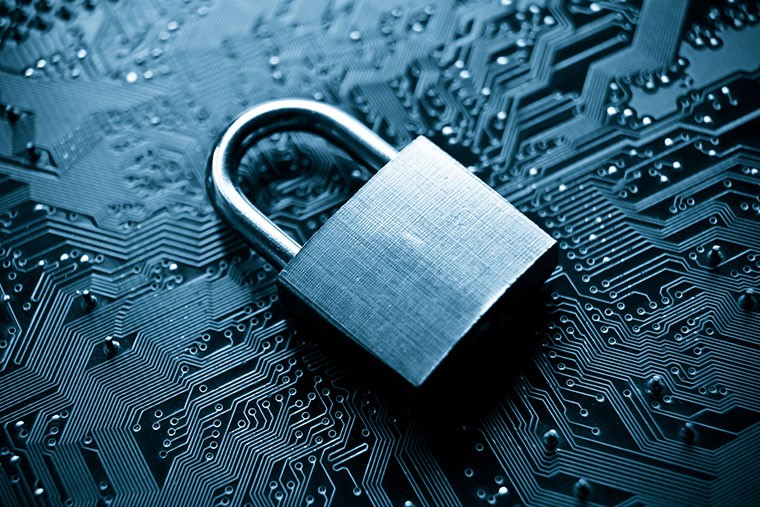


Encryption is also important for complying with industry regulations, such as HIPAA or PCI-DSS. These regulations require companies to use encryption in order to ensure the privacy and security of customer data. Failing to meet these requirements can result in fines or other penalties.

We live in an age when data is more valuable than gold. The rate at which businesses and individuals create, transmit, and store data is constantly increasing. As a result, data security is a major concern for businesses of all sizes. With the increasing amount of digital data being produced, shared, and stored, it’s critical for companies to take measures to ensure their data is kept safe and secure.
Securing business data is essential to protecting its privacy and integrity, and a secure connection is the first step to secure data. Companies should invest in the latest encryption technologies, such as SSL/TLS, to protect their networks and data transmissions. Double check that any third-party service providers maintain secure connections. For example, if you’re using a cloud service provider, make sure that the connections between your networks and the providers are secure. This will help prevent malicious attacks on your data and systems.
By maintaining a private network with a strong password, you prevent potential threats from unauthorized devices. A public network might be appealing to visitors, but they are also appealing to saboteurs and thieves.
And of course, no network is secure without regularly updated software and the latest hardware. You can’t just expect a secure network to stay secure; you must be vigilant.
We’ve known for decades that encryption is a surefire and necessary protection against data theft. Encryption is the process of encoding data so that only authorized users can view and access it. It works by scrambling the data in such a way that only the person with the encryption key can decode it. Encryption can be used to secure:
By securing business data via encryption, you can prevent outsiders from accessing it, even if they were able to penetrate your security systems. This means that if someone does manage to steal your data, they won’t be able to make use of it.

Two-factor authentication, or 2FA, is a simple yet effective way to help protect your company’s data. 2FA, as its name implies, requires a user to provide two forms of identification to gain access to a secure account or system. This helps to ensure that the right person has access to the right data, and also helps to deter unauthorized users from accessing the system.
With 2FA, users must enter their username and password, as well as another form of verification like:
Just by adding this simple, single layer of added security, companies are able to protect their sensitive information and ensure that only authorized personnel have access to it.
Perhaps the best thing about 2FA is that, because of its popularity as a safety mechanism, most folks have experience using it and won’t be frustrated by the experience. If you’ve ever tried to access a website or app that emailed or texted you a code before you could log in, then you’re already a 2FA expert.

In the 21st century, you expect your business to be everywhere, all the time, and with a workforce increasingly working from home, safe and accessible data storage is paramount.
Enter the Cloud. You’ve certainly heard of it, but just in case you aren’t sure what it is, Cloud Services are web-based applications that allow users to access data from any location with an internet connection. Cloud services can provide a secure platform for businesses to store, manage, and share their data.
By using cloud services, you are securing business data from:
Cloud services rely on powerful servers stored in secure locations. These servers are protected with multiple layers of firewalls and encryption, as well as physical security to prevent direct attacks.

You invest in employee morale; you should invest in their education too. All of the secure connections, cloud services, encryption, and 2FA in the world won’t stop data attacks without informed, educated, and trained employees. Having employees who understand the importance of data security and the protocols necessary to protect sensitive information is vital to a company’s security, and a strong privacy policy is a guaranteed money maker. An employee who is able to recognize a phishing scam or other attempts to gain unauthorized access is more likely to prevent an attack than the strongest firewall.
To educate your employees you may consider:
By properly training all staff on data security, companies can help ensure that their sensitive data remains secure.
At Benjamin, we sell solutions.
